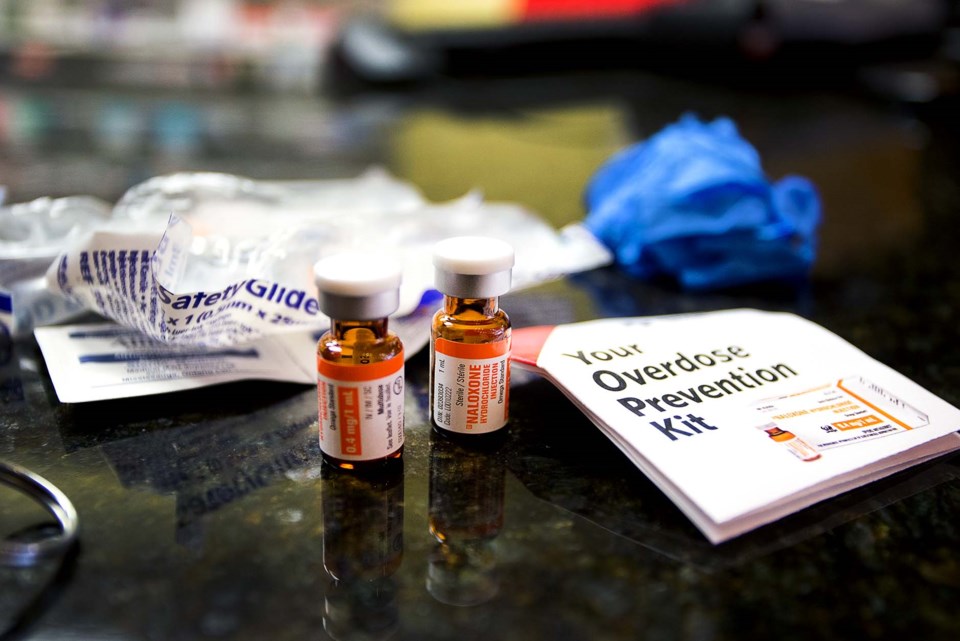St. Albert residents can hear the latest on addictions research this Thursday as part of a free online talk.
Up to 500 people will be able to tune into a free online talk on Nov. 25 hosted by the Telus World of Science in Edmonton on the science of addiction.
The talk is part of the science centre’s Science on Tap series, which typically brings citizens and researchers together in a bar for a night of drinks and scientific discussion. The talks have moved online during the COVID-19 pandemic.
Statistics Canada research suggests about 22 per cent of Canadians will experience some form of substance-abuse disorder in their lives, with alcohol being the most common addiction.
“Addiction does impact so many Canadians,” said Cate Collins, staff scientist at the Telus World of Science, which could explain the huge interest she has seen in this week’s talk — a record 145 people had signed up for it as of Nov. 19.
Guests at the talk will get to ask experts such as University of Alberta School of Public Health professor Cam Wild and psychologist Jacob Taylor whatever they like about the latest research into the prevention and treatment of addictions.
While Science on Tap usually pairs its talks with alcoholic beverages, Collins said guests at this session will be asked to stick to non-addictive snacks due to its subject matter.
Chronic illness
While addiction has long been stigmatized as something caused by personal choices, Collins said recent research suggests it is more like diabetes or cancer.
“It is a medical disease and something that can be treated.”
Researchers have found genetic and neurochemical roots for substance-use disorders that make them akin to chronic illnesses, said May Mrochuk, a clinical professor in the department of emergency medicine at the U of A and a speaker at Thursday’s talk. They have also moved beyond simple abstinence, with a combination of psychotherapy, anti-craving medications, harm reduction (such as safe-injection sites), and other techniques now used in treatments.
One of the more deadly addictions now ravaging Albertans is opioid addiction, with deaths from overdoses reaching record highs in recent months. The Public Health Agency of Canada reports that some 6,946 Canadians died from apparent opioid toxicity from April 2020 to March 2021 — 88-per-cent more deaths than in that same time period prior to the pandemic.
Collins said research suggests these higher death rates were due to isolation caused by the pandemic, which put more people at risk of having an overdose without anyone around to get help. The pandemic has also driven up prices for illicit drugs, pushing some to more dangerous substances.
Scientists have developed new medications to treat overdoses, such as naloxone, and others that act on opiate receptors and mimic the effects of opioids to reduce cravings, Mrochuk said.
While researchers continue to search for new treatments, Mrochuk said Alberta’s biggest challenge right now is simply having enough resources available to treat patients with addictions.
“We need access to care, access to counselling, access to safe-consumption sites, and harm-reduction strategies,” she said.
“We need all of these things for our patients.”
Mrochuk urged anyone suffering from addictions to contact their local doctor, primary care network, or Access 24/7 (780-424-2424) for help.
The free talk runs from 7 to 9 p.m. Nov. 25. Visit telusworldofscienceedmonton.ca/explore/experiences/science-on-tap to register.




